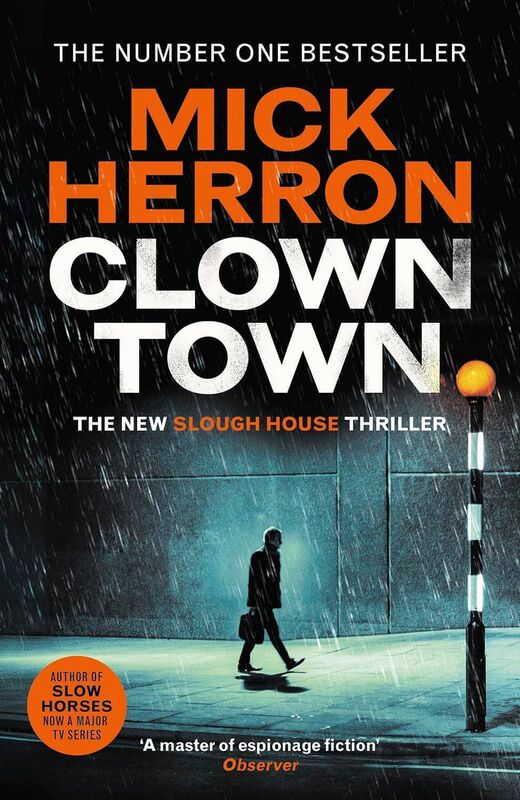Mick Herron fans will rejoice at the return of the Slow Horses in this, the ninth in the sequence of acclaimed novels tracking the adventures of spies who haven’t so much come in from the cold but are still shivering, unwelcome, outside the door.
There are also plenty of real-life parallels to occupy Irish readers. Take this extract from early in the book: “Pitchfork was the operation, and also the codename of its subject. Dougal — Dougie — Malone, long-time IRA enforcer, and the owner of a well-earned reputation for brutality, fostered not simply by his keenness for punishment beatings, but by the methods he chose to implement them: the hammer, the car jack, the crowbar …
“For two decades he was the Provos’ iron fist in its studded glove …
“And for half the time he enjoyed such power he had been an informer for the British intelligence service, an asset so highly valued that he had a team of four assigned to his care and security.”

The timing of this release is apposite, though hardly accidental. The Slow Horses series of books has attracted a whole new cohort of fans due to the much-praised Apple TV adaptation, with the eagerly awaited new series out this month.

